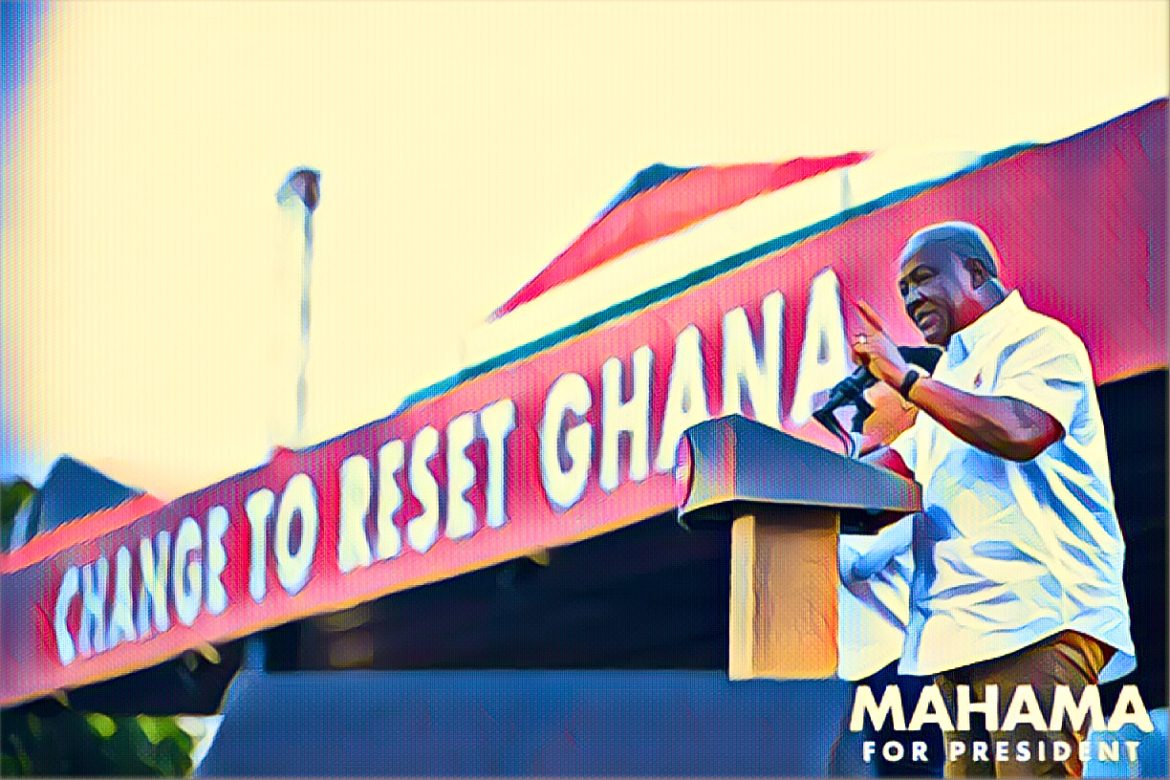Reverend Kusi Boateng, a prominent religious leader in Ghana, has issued a striking prophecy regarding the 2024 general elections. According to his vision, the opposition National Democratic Congress (NDC) is poised to lose over 19 parliamentary seats, leading to widespread chaos and unrest across the nation.
During a recent sermon, Reverend Boateng detailed his prediction, emphasizing that the outcome of the 2024 elections will have profound implications for Ghana’s political landscape. He foresees the NDC experiencing significant losses in key constituencies, which could alter the balance of power in the parliament. This shift, he warns, may trigger intense reactions from the party’s supporters, resulting in mayhem on the streets.
The Reverend’s prophecy has sparked considerable debate and concern among political observers and the general public. As Ghana prepares for the upcoming elections, many are reflecting on the potential consequences of such a scenario. Reverend Boateng’s vision highlights the fragility of the country’s political stability and underscores the importance of maintaining peace and order during the electoral process.
The NDC, currently the main opposition party, has been actively campaigning to reclaim power in the 2024 elections. Losing a substantial number of parliamentary seats would be a severe blow to their ambitions and could undermine their ability to influence national policy. The party has yet to officially respond to Reverend Boateng’s prophecy, but it is likely that this prediction will intensify their efforts to secure a favorable outcome.
Political analysts are divided on the credibility of the prophecy. Some argue that Reverend Boateng’s vision should be taken seriously, given his influence and track record of accurate predictions. Others, however, caution against placing too much emphasis on such prophecies, emphasizing the need for evidence-based analysis and strategic planning.
In response to the potential for unrest, security agencies are being urged to develop comprehensive plans to manage any disruptions that may arise. The importance of a peaceful and orderly election cannot be overstated, and authorities are expected to take proactive measures to ensure the safety of all citizens.
Reverend Boateng’s prophecy also highlights the broader issue of electoral violence in Ghana. The country has a history of relatively peaceful elections, but sporadic incidents of violence have occurred. The upcoming 2024 elections will test Ghana’s democratic resilience and the ability of its institutions to manage potential conflicts.
As the election date approaches, stakeholders from all political parties, civil society organizations, and religious groups are being called upon to promote peace and unity. Ensuring a transparent and fair electoral process is essential for maintaining public trust and confidence in the democratic system.
The media also has a crucial role to play in this process. Responsible reporting and avoiding sensationalism will help to prevent the spread of misinformation and reduce the risk of inciting violence. Public education campaigns on the importance of peaceful elections and the consequences of unrest are also vital.
Reverend Boateng concluded his prophecy by urging Ghanaians to pray for the nation and its leaders. He called for divine intervention to guide the country through the upcoming elections and ensure a peaceful transition of power. His message of hope and unity resonated with many, offering a reminder of the shared responsibility to safeguard Ghana’s democracy.
In conclusion, Reverend Kusi Boateng’s prophecy regarding the 2024 elections has brought to light concerns about political stability and the potential for unrest in Ghana. While the prediction of the NDC losing over 19 seats and the ensuing mayhem has caused alarm, it also serves as a call to action for all stakeholders to work towards a peaceful and fair electoral process. By prioritizing unity and dialogue, Ghana can navigate these challenges and uphold its democratic values
Source: GhanaWeb




